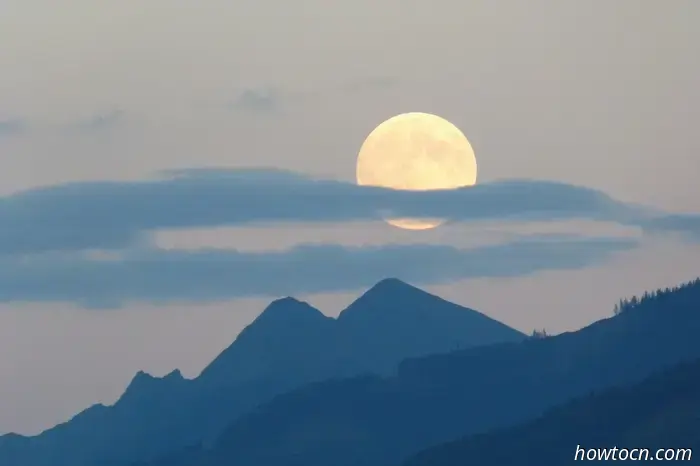
Today marks the Mid-Autumn Festival (中秋节 Zhōngqiū Jié), which falls on the 15th day of the 8th lunar month. This is the time when the moon is at its fullest and brightest, making it the focal point of this traditional celebration. Let’s delve into some Chinese language and cultural elements surrounding this celestial beauty.
Moon Vocabulary and Phrases
Let's review some essential vocabulary and phrases pertaining to the moon and the Mid-Autumn Festival.
The moon: 月亮 yuèliàng
Full moon: 满月 mǎnyuè
Bright moon: 明月 míngyuè
Mooncake: 月饼 yuèbǐng
To admire the moon: 赏月 shǎng yuè
Light lanterns: 点灯笼 diǎn dēnglóng
Share legends of the moon: 月亮的传说 yuèliàng de chuánshuō
Happy Mid-Autumn Festival!: 中秋节快乐! Zhōngqiū Jié kuàilè!
Tonight the moon is so round!: 今晚的月亮好圆! Jīn wǎn de yuèliàng hǎo yuán!
The moon is so beautiful!: 月亮真美! Yuèliàng zhēn měi!
“May we live long and share the beauty of the moon together, even if we are thousands of miles apart.” “但愿人长久,千里共婵娟。” Dàn yuàn rén cháng jiǔ, qiānlǐ gòng chánjuān. – A celebrated line from a poem by the Chinese poet Su Shi (苏轼), often recited during the Mid-Autumn Festival.
Moon Nicknames
In Chinese, there are numerous poetic nicknames for the moon. Here are a few examples:
弦月 Xián yuè, 月弓 Yuè gōng: The crescent moon
冰魄 Bīng pò: The icy soul
寒璧 Hán bì: The cold jade
丹桂 Dān guì: The orange osmanthus
白玉盘 Báiyù pán: The white jade plate
Legends of the Moon
The Mid-Autumn Festival is interwoven with several well-known myths:
Chang'e: 嫦娥 Chángé – The elegant Moon Goddess who, after consuming an elixir of immortality, ascended to the moon from Earth. She resides in a solitary palace, looking down on the mortal realm. Her tale represents both everlasting beauty and infinite longing, making her a cherished figure in Chinese mythology.
The Jade Rabbit: 玉兔 Yùtù – Chang’e’s devoted companion, known as the Jade Rabbit, is believed to grind herbs with a mortar and pestle on the moon. Depending on the version of the story, the rabbit is also preparing the elixir of life. The Jade Rabbit symbolizes loyalty, selflessness, and quiet devotion, frequently appearing in poetry, art, and even contemporary cartoons.
Wu Gang: 吴刚 Wú Gāng – A mortal who faces punishment from the heavens, Wu Gang is condemned to chop down a magical osmanthus tree on the moon. However, each time he strikes with his axe, the tree regenerates, ensuring that his work will never conclude. His perpetual endeavor represents perseverance amidst futility.
READ: Full Moon Party: What to Serve at a Mid-Autumn Festival Dinner
Images: Canva




Today marks the Mid-Autumn Festival, so let's delve into the cultural aspects related to the moon in China.